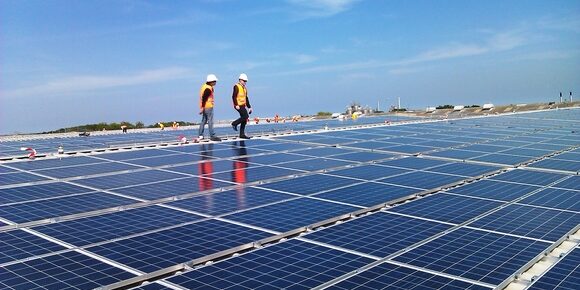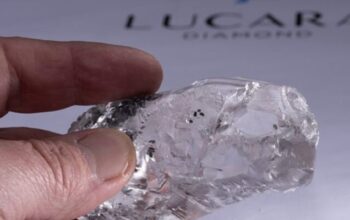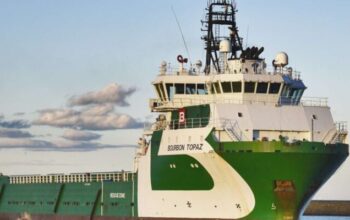Nuru, an energy startup based in the Democratic Republic of the Congo (DRC), has secured $40 million in equity funding toward its mission of providing stable electricity to all five million residents of the country.
Many different organizations contributed to this round of funding, including the International Finance Corporation (IFC), the Global Energy Alliance for People and Planet (GEAPP), the Renewable Energy Performance Platform (REPP), Proparco, E3 Capital, Voltalia, the Schmidt Family Foundation, the GAIA Impact Fund, and the Joseph Family Foundation.
The company intends to close off an additional $28 million in project finance by the end of July, despite the fact that the IFC’s equity participation also includes funding from the Finland-IFC Blended Finance for Climate Programme.
Nuru, which was formerly known as Kivu Green Energy and was founded in 2015, deploys and manages metrogrids in key DRC urban areas that are powered by renewable energy. In 2017, it constructed the first mini-grid in the nation.
The utility-scale solar mini-grids offered by the company are made to supply areas where they are installed with consistent, sustainable electricity around-the-clock.
The largest mini-grid in sub-Saharan Africa without a connection to a main grid was created when it opened a 1.3-megawatt plant in the city of Goma in 2020.
“We are thrilled to partner with such a dynamic group of investors who are keen to drive our vision of expanding energy access and transforming five million lives in the DRC.
Closing the Series B is a significant milestone in Nuru’s journey, but also demonstrates the viability of the metrogrid model in the distributed energy sector in Africa,” according to co-founder and CEO Jonathan Shaw.
In the eastern DRC, specifically in Goma, Kindu, and Bunia, the funding will be utilized to construct three mini-grids.
The total generation capacity using solar energy and batteries will be 13.7 megawatts.
![]()




